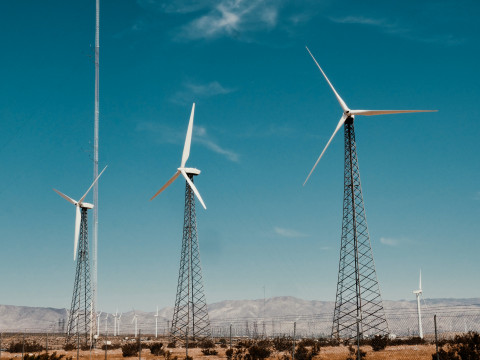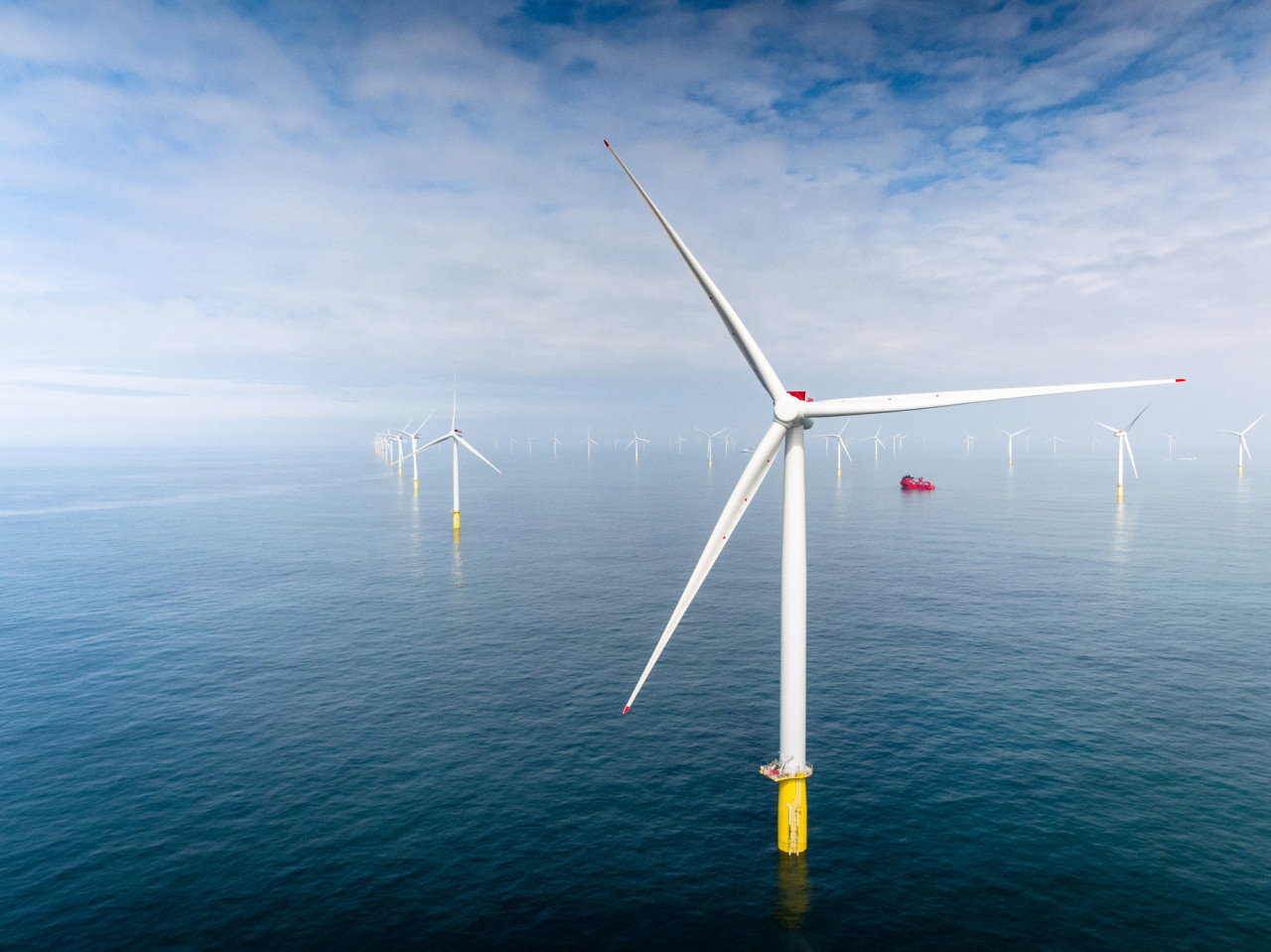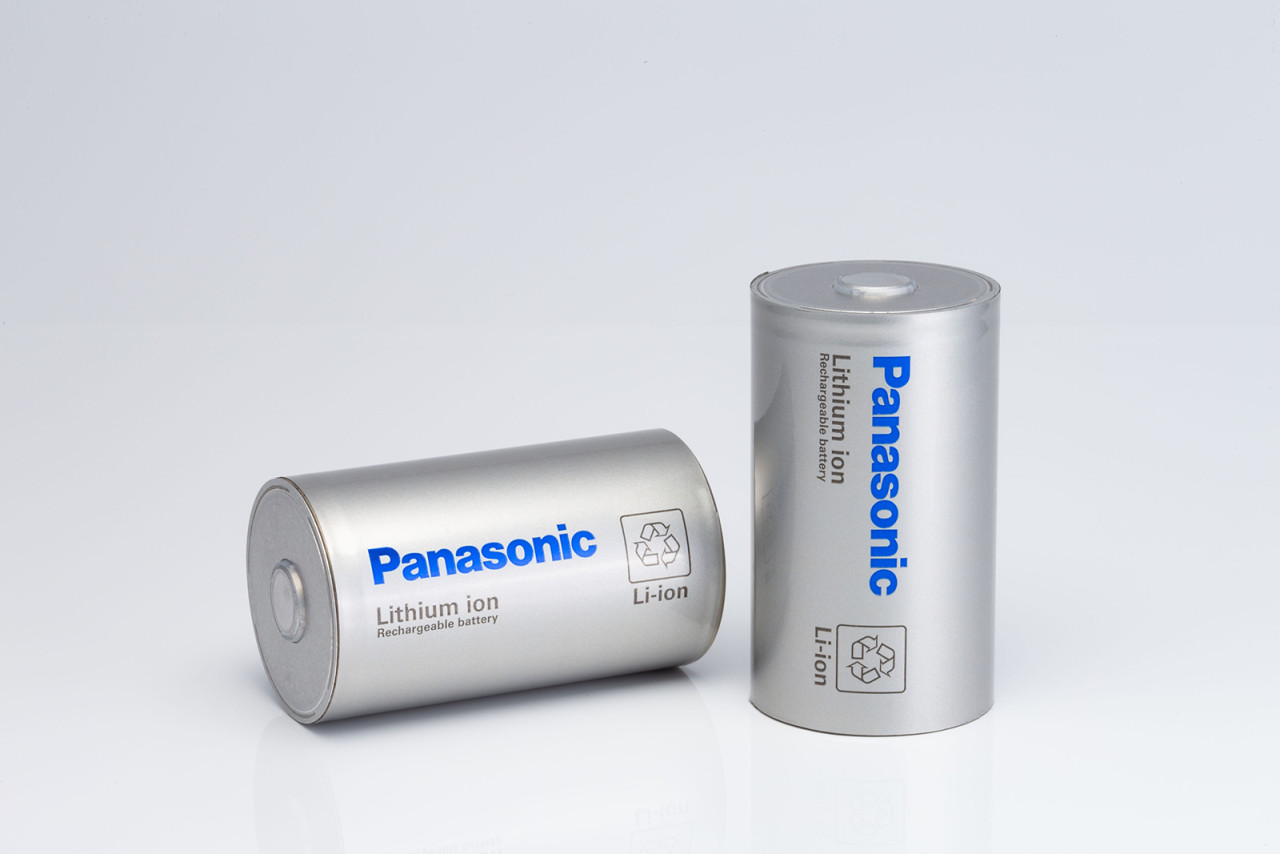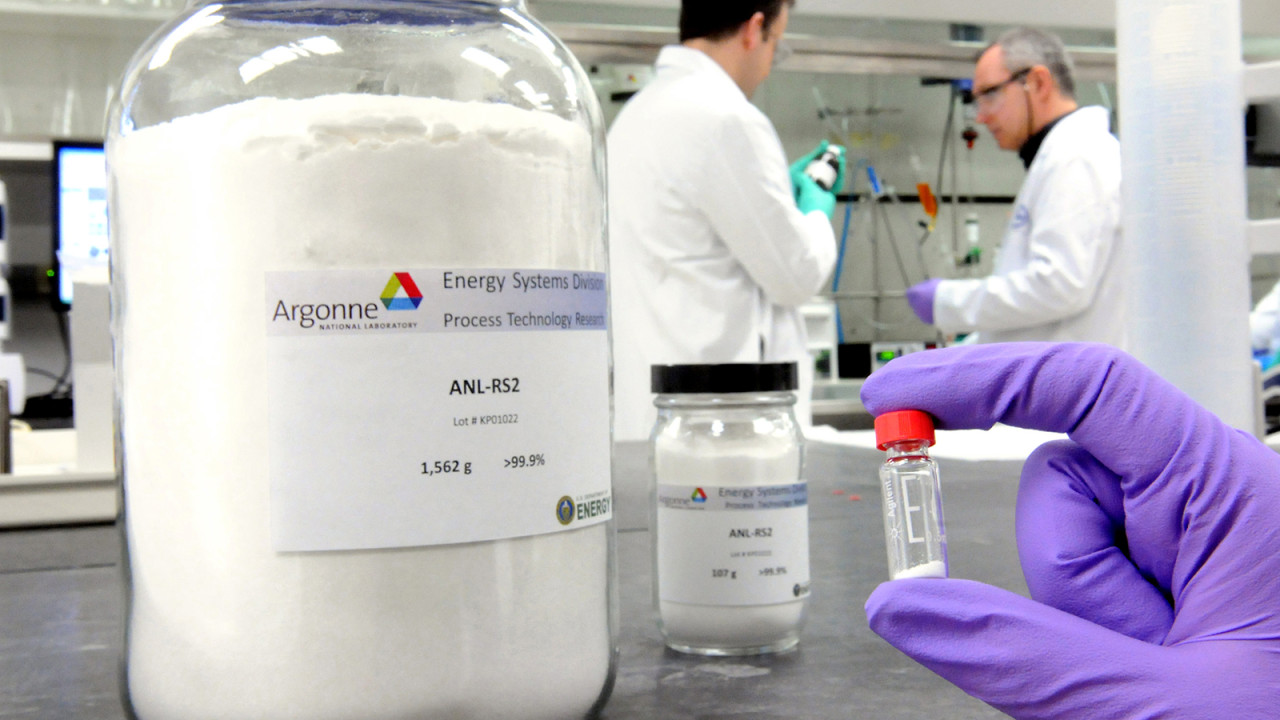Daily Shorts: UK gets a £10 bn clean energy investor, Banga wants harmful subsidies slashed, and more
Japan's Marubeni Corp signed a memorandum of understanding (MoU) with the UK government to invest 10 billion pounds ($12.3 billion) in clean energy projects over the next decade. This includes a 3.6 GW floating offshore wind farm in Scotland. Marubeni plans to invest around 1 billion pounds on its own. The UK, which recently eased norms for onshore wind, aims to deploy 50 GW of offshore wind capacity by 2030, including up to 5 GW of floating offshore wind farms.
World Bank President Ajay Banga has urged nations to slash their subsidies for agriculture, fuel and fisheries to raise funds for climate change action. The world spends around $1.25 trillion a year on subsidies to these sectors, creating an environmental impact of $5-6 trillion. "I'm not saying to get rid of all of those… But I don't believe that $1.25 trillion qualifies," Banga said at the annual meetings of the IMF and World Bank. Banga, who has been vocal about a need for clean energy, has said he is open to using IMF Special Drawing Rights as capital to increase lending to fight climate change.
Toyota and Idemitsu Kosan announced an alliance to develop and mass-produce solid-state batteries for electric vehicles. The companies said they aimed to commercialize the batteries in 2027-28, followed by full-scale mass production. Solid-state batteries can hold more energy than current batteries and are expected to help speed up the transition to EVs. Toyota, which trumpeted a major breakthrough in solid-state batteries earlier this year, estimates such batteries would give EVs a range of 1,200 km after 10 minutes of charging.
Stellantis and Samsung SDI Co Ltd selected Kokomo, Indiana, for their second electric vehicle battery plant in the USA. The new battery plant, which will be co-located with a giga factory currently under construction, and is expected to begin production in early 2027 with an annual capacity of 34 GWh. The JV will invest over $3.2 billion for the new project. Stellantis, whose brands include Fiat, Chrysler and Jeep, has said all its passenger offerings in Europe and half its offerings in the US will be electric by 2030, for which it wants to secure about 400 GWh of battery capacity. Read more.




















